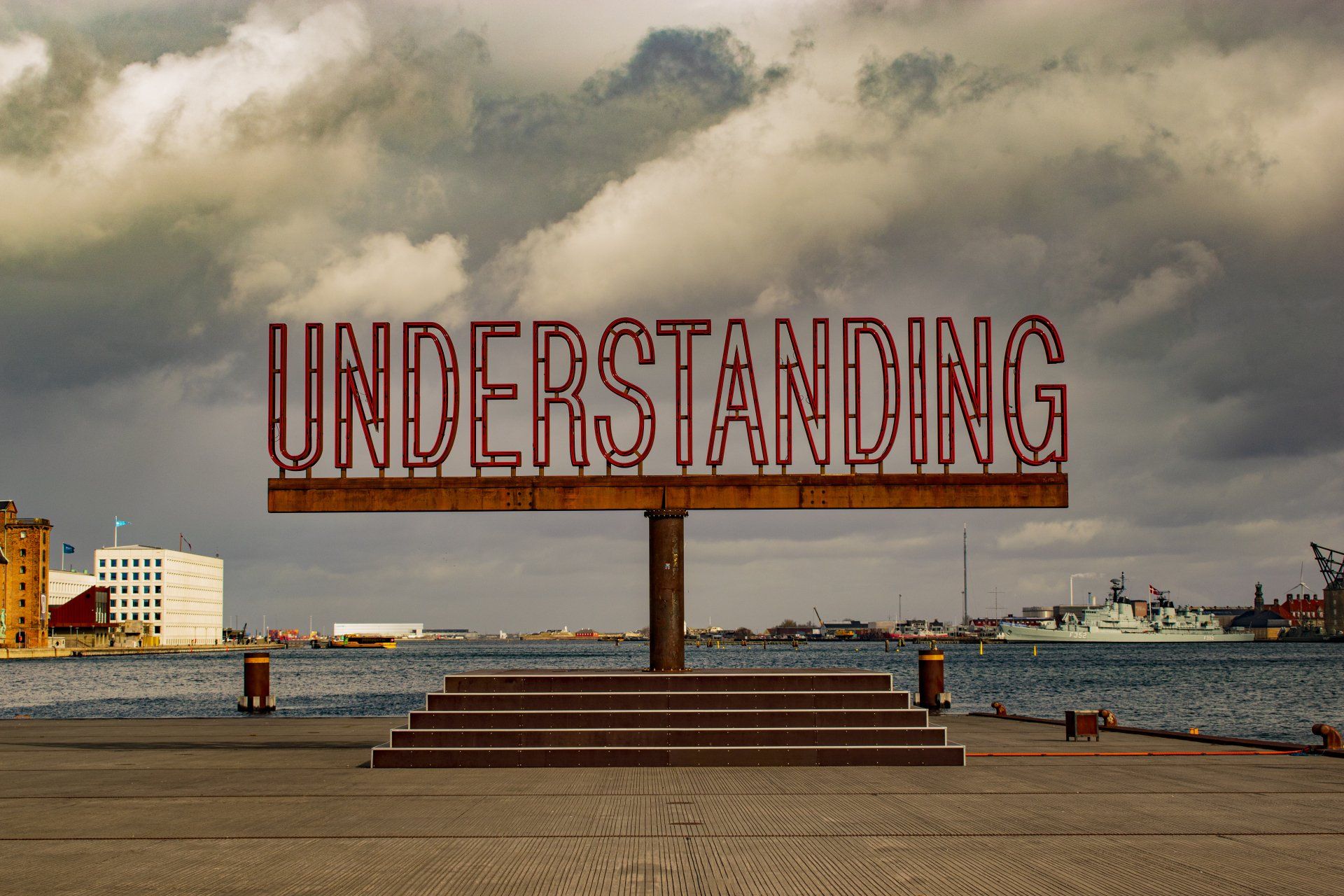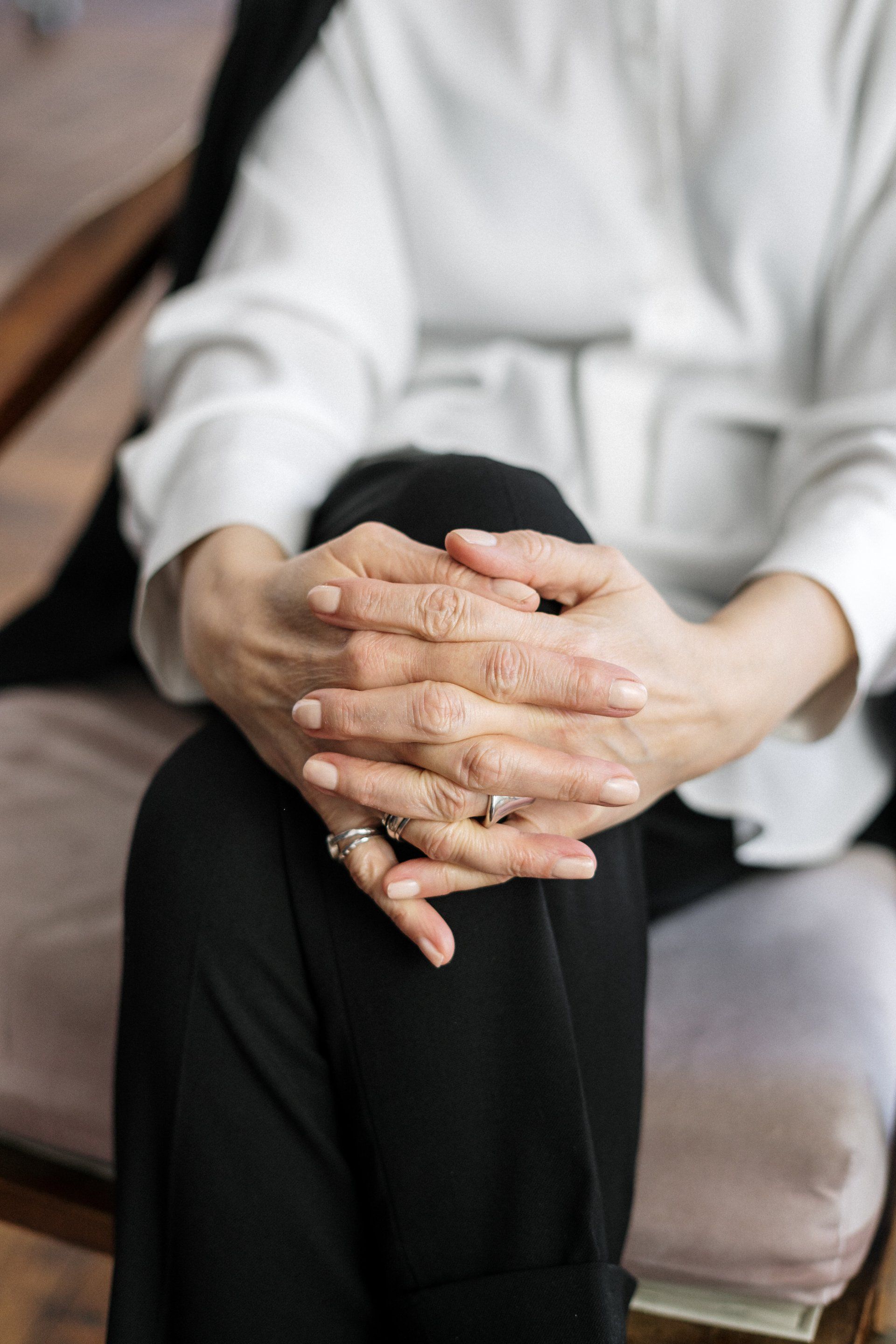Blog

By Lei Tun, LAPC
•
07 Aug, 2023
Olivia Rodrigo’s hit song “traitor” explores the themes of betrayal and heartbreak, as the singer confronts the painful reality of partner’s infidelity. While the song can be interpreted in many ways, it can also be seen as an example of betrayal trauma, which is a form of psychological trauma that occurs when a person experiences a significant betrayal or violation of trust by someone close to them. Betrayal trauma can have a profound impact on an individual’s emotional and psychological well-being, leading to feelings of betrayal, anger, sadness and confusion. These emotions are evident in Rodrigo’s lyrics, as she sings about feeling “so naive and so stuck in her way,” and wondering “how could you be the love of my life if you lied to me?” One of the key features of betrayal trauma is the sense of disorientation and confusion that it can create. When a person experiences betrayal, it can shatter their understanding of the world and the people in it, leaving them struggling to make sense of their experiences. This is evident in Rodrigo’s song, as she sings about feeling lost and unsure of what to do in the aftermath of her partner’s betrayal. Another hallmark of betrayal trauma is the sense of powerlessness that it can create. When a person is betrayed by someone close to them, they may feel like they have lost control over their lives and their relationships. This can lead to feelings of helplessness and despair, as the individual struggles to come to terms with what has happened. In “traitor”, Rodrigo sings about feeling like she has lost control over her relationship, as she wonders if her partner ever loved her at all. She sings about feeling “used” and “played”, and wondering how much she could have been so blind to her partner’s intentions. These lyrics capture the sense of powerlessness and helplessness that often accompanies betrayal trauma. Finally, betrayal trauma can create lasting emotional scars that can be difficult to heal. When a person experiences betrayal, it can shake their sense of self-worth and self-esteem, leaving them feeling unworthy of love and connection. In “traitor”, Rodrigo sings about the lasting impact of her partner’s betrayal, as she wonders if she will ever be able to trust again. In conclusion, Olivia Rodrigo’s song traitor can be seen as an example of betrayal trauma, as she grapples with the painful reality of a partner’s infidelity. The song captures the disorientation, powerlessness and emotional scars that often accompany betrayal trauma, highlighting the profound impact that this form of psychological trauma can have on an individual's emotional and psychological well-being. Rodrigo’s song provides a powerful and poignant commentary on the pain of betrayal and the struggles of moving on from a relationship that has been shattered by betrayal. Check out the reading of the blog by Lei Tun, LAPC at Capstone Counseling and Coaching.

By Sunamita Tuple, MS, EdS, LPC
•
10 Jul, 2023
Pornography is not just a guy thing. Women watch porn too and become addicted to the dopamine rush in much the same way as men. Some statistics report an estimate as high as 60.2 % of all women and 57% of girls ages 14-18 as having viewed pornography and research suggests that women make up a significant percentage of those with porn addiction, as high as one-third of all addicts. Although less women than men access pornographic websites, it is also worth noting that women are more likely to use other forms of pornographic material (and some may not even realize it) such as erotica books or romance novels, movie or TV scenes, social media such as Instagram or TikTok, magazines, erotic blogs, video games, chatrooms and/or sexting. This is because men and women’s brain are wired differently. Men are wired to be visually stimulated and viewing erotic images leads the brain to produce large amounts of dopamine and this can be very addictive. Women are more relationally stimulated and while women do become addicted to visual pornography, most don’t get the same high as men. Instead, it is the romantic relationship that gets the dopamine flowing. Therefore, the more eroticizing the relationship, the more dopamine gets produced and this can be highly addictive. How do women end up in porn use? Some women have accessed pornography out of curiosity, to obtain information when healthy messages about sexuality were scarce or non-existent, some have discovered it accidently, some were exposed to it at an early age by someone they knew, some were introduced to it by a romantic partner or encouraged or coerced by a romantic partner as an adjunct to their sexual repertoire, and some may have willingly sought it to get tips/ideas or to set the mood with or even keep a significant other, and others use porn as a visual aid while self pleasuring. Although porn addiction negatively impacts both genders, the effect is more devastating for women. Women are more likely to feel a greater sense of shame because of stigma and society’s sexual double standard and are less likely to come forward and ask for help. Fearing being viewed as loose or a slut, they may struggle in isolation and guilt for a longer period of time and experience greater rates of depression, anxiety and loneliness. Women are more prone to negative body image and lowered self esteem, they may have unrealistic expectations around sexual behaviors and performance and have a higher sense of personal inadequacy and may feel more pressured to perform pornographic acts, accept rape myths, are at greater risk of sexual assault and domestic violence and experience increased marital rape. Viewing more frequent and more intense forms of porn may lead to losing interest in sex that doesn’t live up to the same extreme material they are watching and may experience difficulty in arousal and orgasm with a partner and have to finish by themselves. When not viewing porn, these women may feel down, depressed, irritable, and may lead them to keep searching for porn and eventually more extreme erotic material. Like men, women can justify their use of pornography by seeing it as harmless entertainment and because its only fantasy and doesn’t involve anyone else, there’s nothing wrong with it. However, the reality is that it is very harmful and even dangerous as studies have shown that women who struggle with porn are more willingly to meet with strangers they’ve met in chat rooms or through social media. This sets the stage for unfavorable situations such as being stood up, used by the man to fulfil his sexual fantasy in a one night stand, being drugged and raped or even possibly meet up with a murderer. Pornography addiction, like all sexual addiction, is an intimacy disorder and this is especially harmful to women who place an emphasis on the relational aspect of it. When the means you look towards to fulfill emotional/relational/intimacy needs leaves you empty, alone and ashamed, it creates powerful and deeply rooted negative schemas of identity and worth. Feeling ashamed, alone, lonely and depressed and seeking ways to cope, escape or numb the pain, they turn to their faithful friend, Pornography, who is always present and available, easily accessible, never disappoints and always delivers, fueling the cycle of addiction. Many women feel hopeless and powerless in their struggle and due to the nature of the problem, it is not easily identifiable. More education and awareness is needed for parents, youth sex education programs, church leaders, and medical professionals. There is help for porn addiction and resources are becoming more widely available. There are therapists trained to specifically treat and support women’s struggle with porn addiction. You are not alone in your recover!

By Lori Rader-Jacobs, Betrayal Trauma Director, LPC, NCC
•
08 Jun, 2023
There are few more disorienting and traumatic experiences in a person’s life than discovering that your intimate partner has betrayed you. Not only are you finding out about unfaithful behaviors, but also how your partner has lied and manipulated to keep you from finding out. Many have expressed the sentiment that, “it’s not just the crime that is awful, but sometimes worse, the cover-up!” Having the truth “trickle out” over time or having to drag it out of your partner compounds the pain and trauma. They often end up with knowing details that aren’t just unhelpful, but some that are so graphic that they are now “unable to unknow it.” Many people feel loneliness and shame because they don’t have a safe support system to turn to. It may or may not be wise for you to share your grief with family and friends if you are still in the relationship trying to decide if you want to stay or go. One of our clients told us, “Nobody brings you a casserole when you are suffering from betrayal.” A therapeutic disclosure, done properly and with specifically trained clinicians, will minimize the pain and help you gain an understanding of what happened and a shared history of your relationship. Both partners receiving experienced guidance and support allows the truth to come out so that the betrayed partner can be empowered and the betraying partner can lay down the lies that have been kept secret. Only then will the couple have the opportunity to work toward rebuilding trust and safety in the relationship. The counselors at Capstone Counseling and Coaching have an excellent reputation across the country for our understanding, knowledge and skill in this difficult and heart-rending process. If you are facing this crisis in your relationship, we are a safe place to turn. Please reach out to us for help. Check out this interview Richard Blankenship, Clinical Director here at Capstone recording on Therapeutic Disclosures.

By Richard Blankenship, Clinical Director, LPC, NCC, CCH, CPCS, CBTS, CPSBT-S, CSRTT-S, CSWT, DST
•
10 Apr, 2023
In 2001, I did a workshop entitled “Helping Your Kids Through Televised Horror” in the wake of the September 11 attacks on the United States. It was hard to cope with. One thing I realized that morning was that this would be a modern-day Pearl Harbor. I never thought our homeland would be attacked. At the time, my children were 8 and 2. I knew my oldest would have some awareness and that I would need to talk with her about it. Just as my generation never expected to experience anything like Pearl Harbor, people today never expected to experience shootings in elementary, middle, and high schools. Children have more exposure through media to graphic details of these events. Finding ways to have age-appropriate conversations is challenging. There is no script we are given for this in the parenting books. How do you even start the conversation? When my daughter came home from school on September 11, 2001, I simply asked her what she knew and what the teacher had told her about it. I would start a conversation today the same way. My guess is that as active as kids are online, they will know a lot more than kids did in 2001. Ask them what questions or concerns they might have. Encourage their expression of emotions. You might provide a feeling wheel or a tool that will help them name their emotions. Be careful with details for younger children. Provide reassurance that you will be caring for them. Provide the comfort that they desire. In the Internet age, prepare to address misinformation and sensationalism. As we know the Internet isn’t always a reliable source of information for world events. Especially with tragedies like school shootings. You can pretty much count on the story changing after 24 hours. It takes awhile for the truth to come out. Children may revert to behaviors like bed wetting or sucking their thumb. Avoid criticizing them for this type of behavior. Remember that children are communicating through their behavior. It’s possible that children will be afraid to go to school. Perhaps they will struggle with sleep or may become aggressive. Older children may deny they are upset and begin to complain of physical symptoms. Some might become oppositional to authority figures. Depression and sleep disturbance are common. All of these reactions are normal, but if they persist for more than 2-4 weeks it’s a good idea to seek professional help. Practical tools for helping your child cope: Limit exposure to the Internet and forms of media. With the 24 hour “news” cycle, it’s easy to lose track of time and become saturated in commentaries and sensationalized footage. Avoid the blame game. Especially be careful with references to different cultures, racial or ethic groups. This will typically stir negativity and avoids placing responsibility for such evil where it belongs. Spend extra time with your children. Have times where feelings and fears are shared openly and comfort and reassurance is provided on a consistent basis. Listen carefully . Children will tell you what their needs are. Younger children may do well with puppets. The child may not have a vocabulary, but it’s amazing how much a puppet on the hand of a child will share with you. Play therapy can be powerful for younger children. Process your own emotions. Try to be a stable presence in your child’s life. Even if you need professional help to do so. Take action. One elementary school talked about a quote from Mr. Rogers where he emphasized “look for the helpers.” One class wrote thank you notes to the first responders. Don’t ridicule people for thoughts and prayers. So many people feel helpless in the wake of tragedies. It may represent their own grief and their desire to be helpful. It shows people still care. No – it doesn’t need to stop there. Nor should people be shamed for expressing their concern in this way. Take care of yourself. It’s hard to go through horror like this for adults. Rely on your support system as you go through these events. It’s hard to talk about them. Self-care can lead to better child-care. Richard Blankenship is the clinical director of Capstone Counseling and Coaching in Atlanta, Georgia. For more information on services at Capstone, visit our website at www.capstoneatlanta.com .







